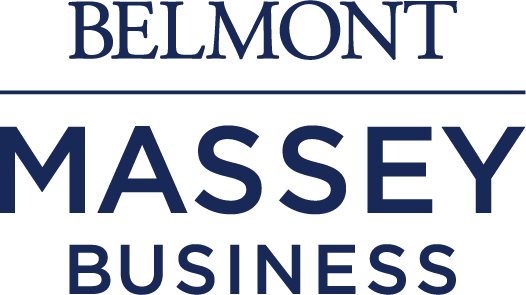Finding a mentor is way easier than we make it out to be. Here are a career expert’s unexpected tips.
Most people owe at least some of their career success to a mentor (or a few mentors). A mentor can be anyone with valuable expertise from which you’re lucky enough to learn—colleagues, teachers, bosses, or a networking acquaintance you admire. They can offer professional advice, personal guidance, make helpful introductions, and provide general support as you navigate your career. A great professional mentor won’t just have your back or answer questions—they could truly end up being the secret weapon to helping you forge your dream career.
“It can be very lonely to look for a job, manage your career, or start a business, and you don’t have to do it alone,” says Lindsey Pollak, multigenerational workplace expert and author of Getting from College to Career and Recalculating: Navigating Your Way in the New World of Work, coming out this fall. “There are so many people who have experience and wisdom who can benefit you, support you, guide you, and make your life a lot easier.”
But how should you go about finding the right person to be your lifelong beacon of wisdom? That feels like a tall order—something that might involve an overwhelming combination of intensive research, cold emailing, and a lifetime of formal calendar invites neither party can commit to. In theory, the old-school approach to finding a mentor sounds a lot like dating; like you’re supposed to either search and find—or serendipitously bump into—the perfect mentor soulmate.
Not so. Take the pressure off, Pollak says, by reframing how you think about how mentor-mentee relationships are formed. Here’s how.
Create your own board of advisors.
“I don’t think it’s always practical to look for one, perfect, be-all and end-all mentor,” she says. Instead of looking for a singular guru who can guide you in every facet of your career, curate a genuine collection of many mentors who each bring something different to the table over the course of your career and relationship with them.
“I love the concept of having this theoretical board of advisors. It’s not about finding one, single mentor, but instead about integrating mentoring into your life and career in a variety of ways,” Pollak says. “There are some people I ask for money advice, some I ask for negotiation advice, and some people I follow just because they make me feel really motivated. I think of it as this huge, collective wisdom that I can tap into.”
Listen to different voices.
Another reason to expand your notion of what a mentor can and should be is to diversify the perspectives you get. Seek advice from all types of people—both those with similar paths to yours and those who come from entirely different experiences. By definition, you can’t get that kind of holistic insight from one, single person.
“If you have a diverse network generationally, racially, gender-wise, regionally, globally, you’re really going to start to get creative and innovative in your career,” Pollak says.
You don’t always need to “propose.”
It’s OK to consider someone a mentor without formally asking them to be.
“If you say, ‘Will you be my mentor?’ all I see are meetings appear on my calendar,” Pollak says. “But if you [reach out to me and ask], ‘Could I get some advice?’ or ‘Can I ask for your thoughts on something?’ that’s mentoring.”
It doesn’t come with all the formal pressure around it. There doesn’t always need to be a lifelong commitment involved, at least not initially. Start small. Then, if the time comes where you need to formally ask someone to sponsor you, train you, or vouch for you, you’ve already built up a report.
Return the favor.
Every mentor-mentee relationship should be mutually beneficial. The easiest ways to do your part? Ask if there’s anything you can do to support them (and mean it) and always say thank you.
Even if your mentor is a CEO and you’re a recent grad, you never know how you can help. Maybe their high schooler is applying to colleges and wants to talk to you about your experience. Or maybe their brand is hosting an Instagram Live, and they’d love you to tune in.
“It’s simply about posing the question, ‘Is there anything I can do for you?” Pollak says. “The other way is to show your gratitude for any advice or guidance you get—a thank-you is all anyone wants.”
When you go on LinkedIn or arrive at a networking event, what are your intentions—to give or to get? From her time working as a LinkedIn ambassador, Pollak recalls a pearl of wisdom she learned from one of the cofounders, Reid Hoffman, about using your network to give even in the smallest ways. And this applies to mentor figures, too. Once they’ve met you for coffee or answered an email of yours, don’t let the ball drop. Keep up with their work developments and be a present source of support.
“Hoffman defined these little moments of giving as ‘small goods,’” Pollak says. A small good is liking an article someone posted on LinkedIn; shooting someone a “congrats” on landing a new role; forwarding an article you thought would interest them.
“It’s these tiny, little moments of affirmation and connection that don’t have to take a lot of time or effort, but say, I see you, I’m supporting you,” Pollak says. “When people think about keeping in touch they think about writing a long email or having a one-hour phone call, but sometimes it’s just this drive-by small good that can be really powerful and keep you in touch with people in an easy, low-pressure, but meaningful way.”
This article is advice from the following site:
https://www.realsimple.com/work-life/life-strategies/job-career/how-to-find-a-mentor
